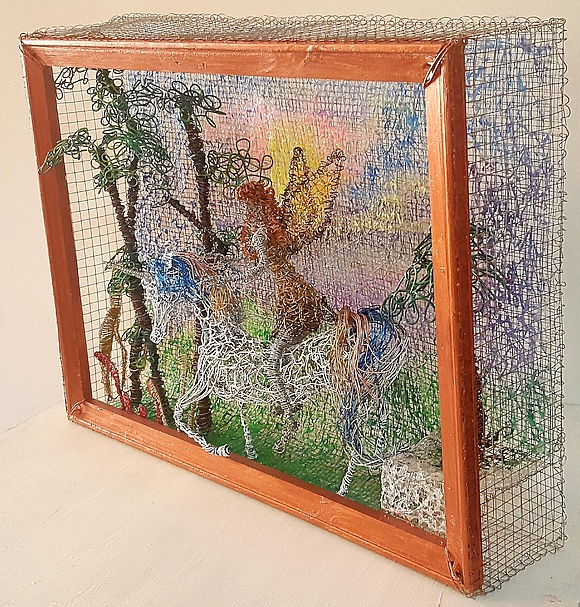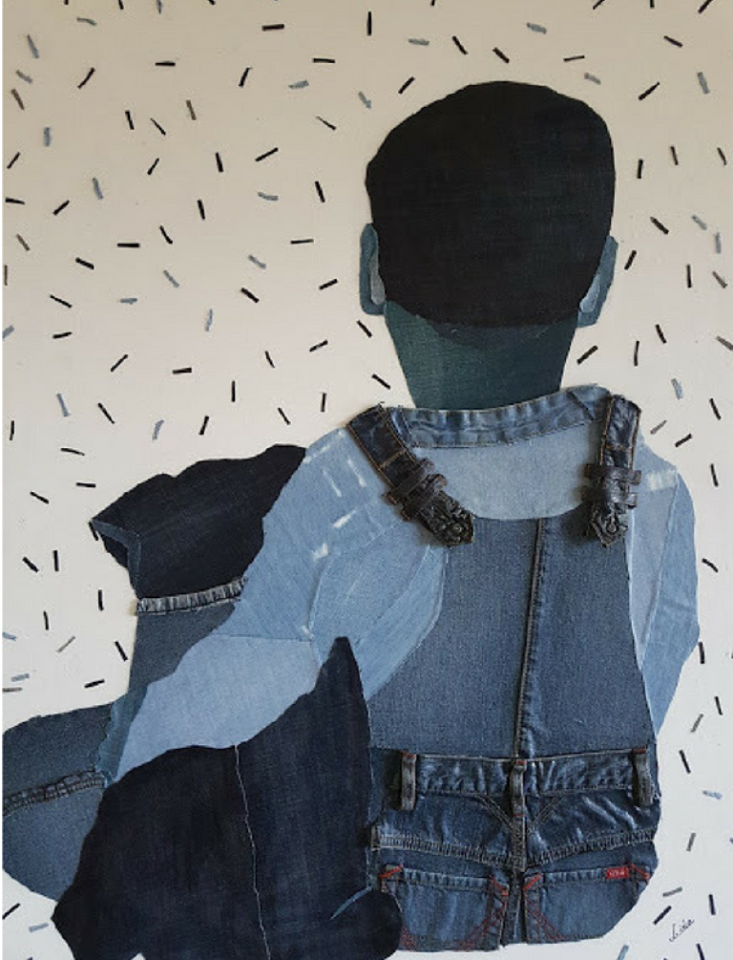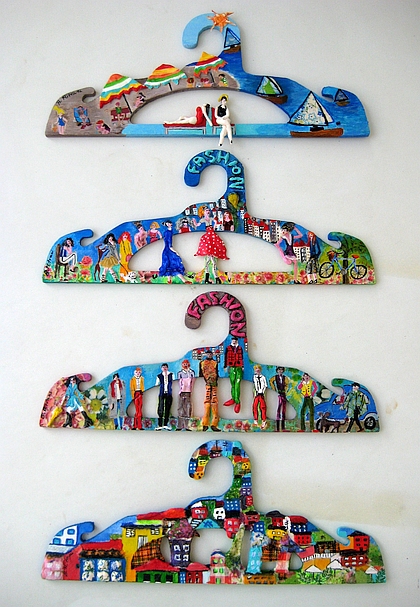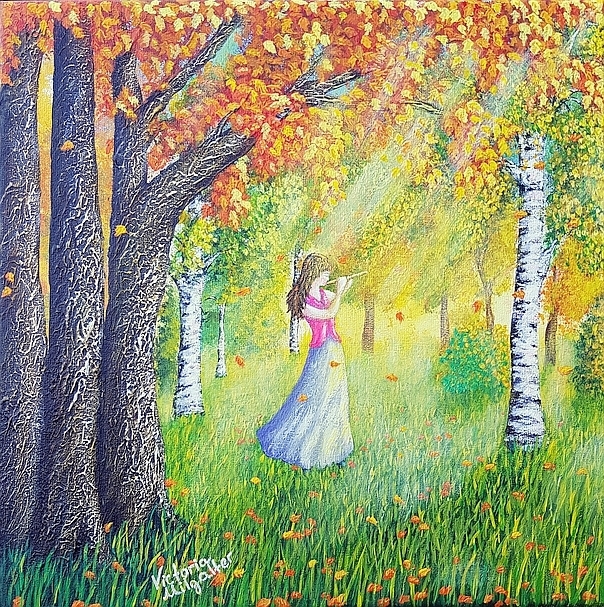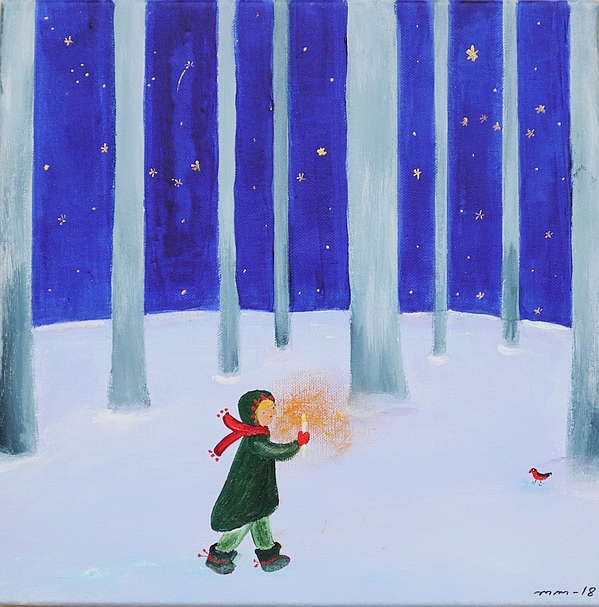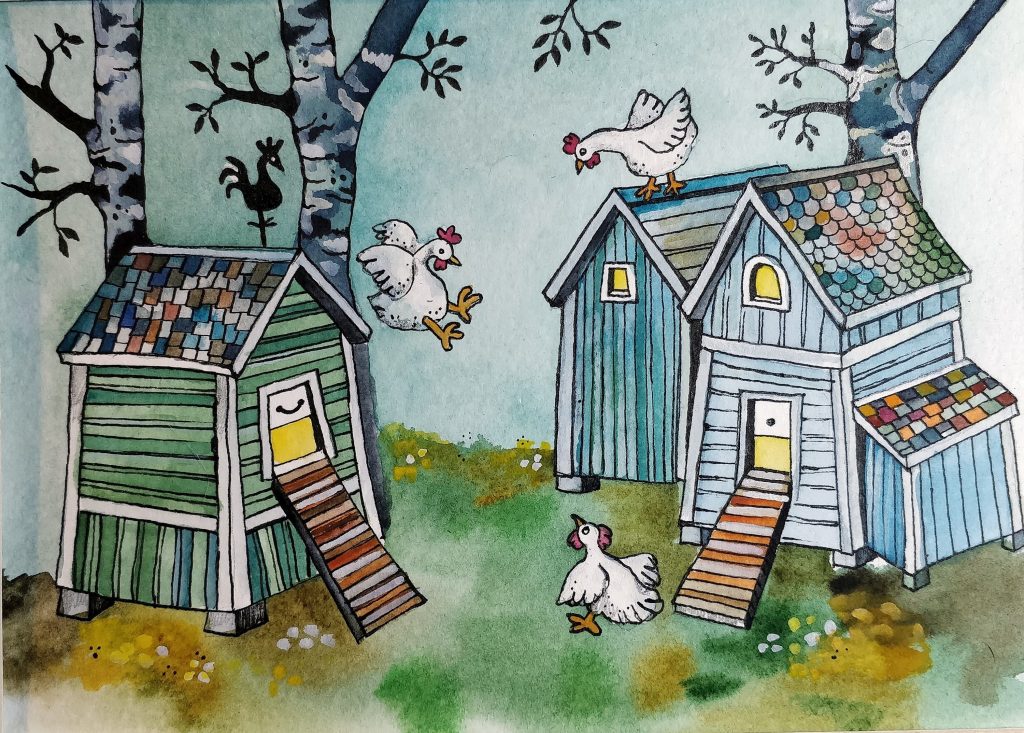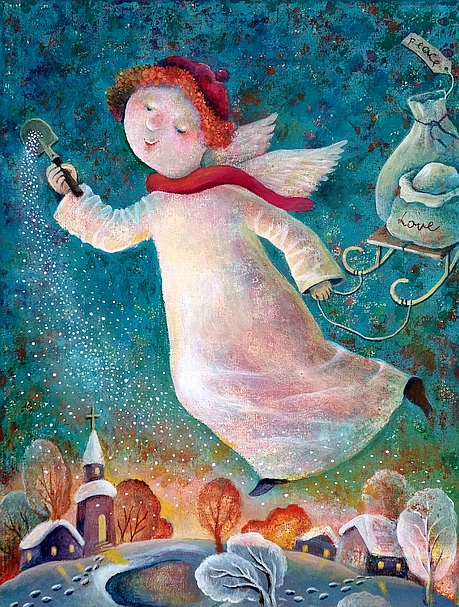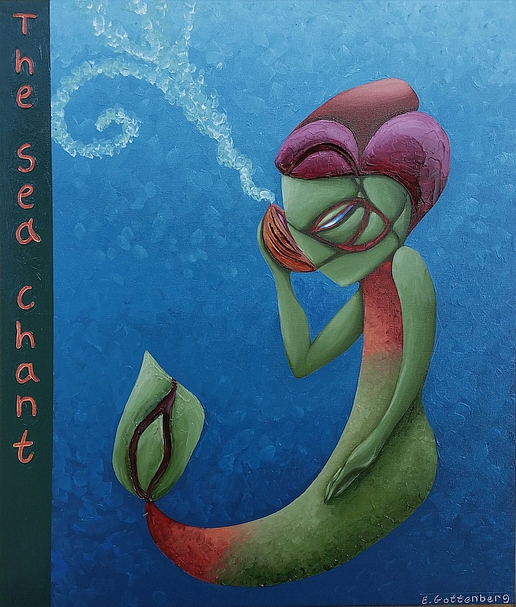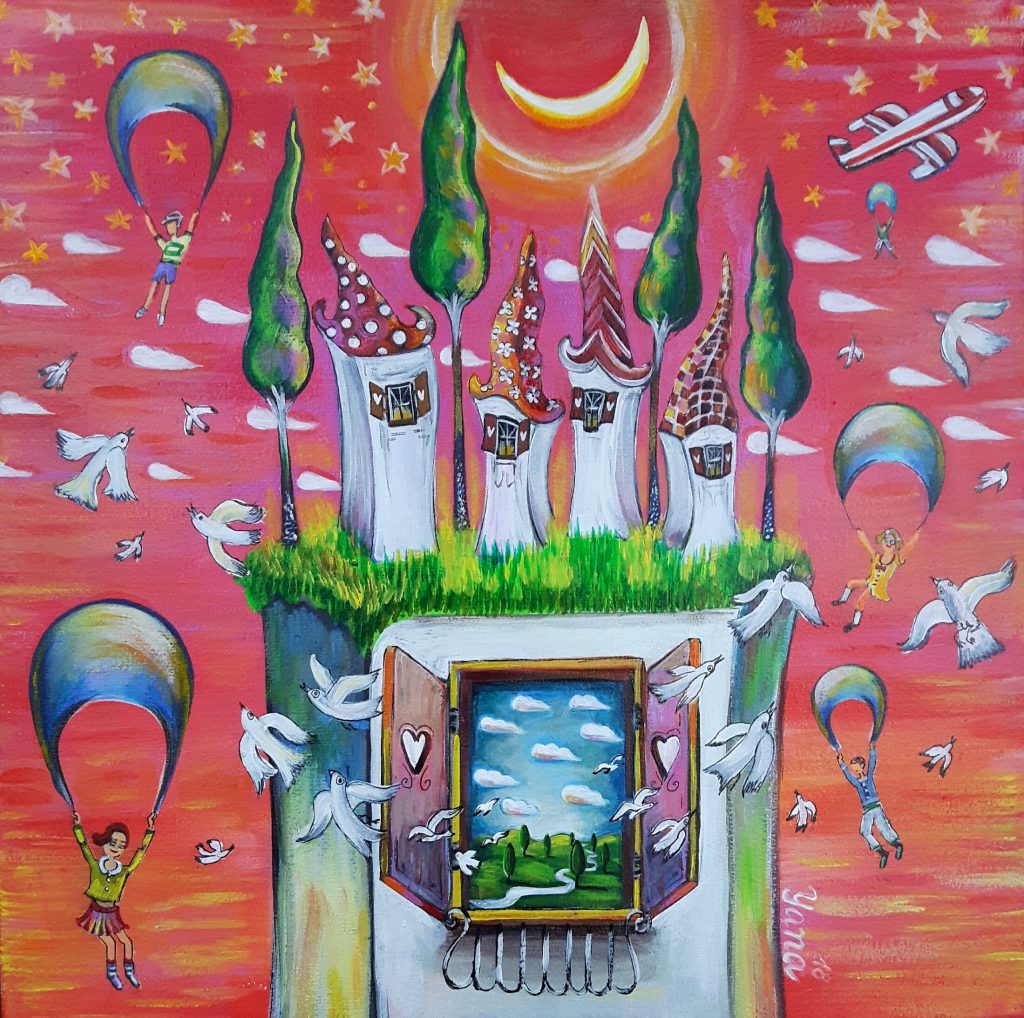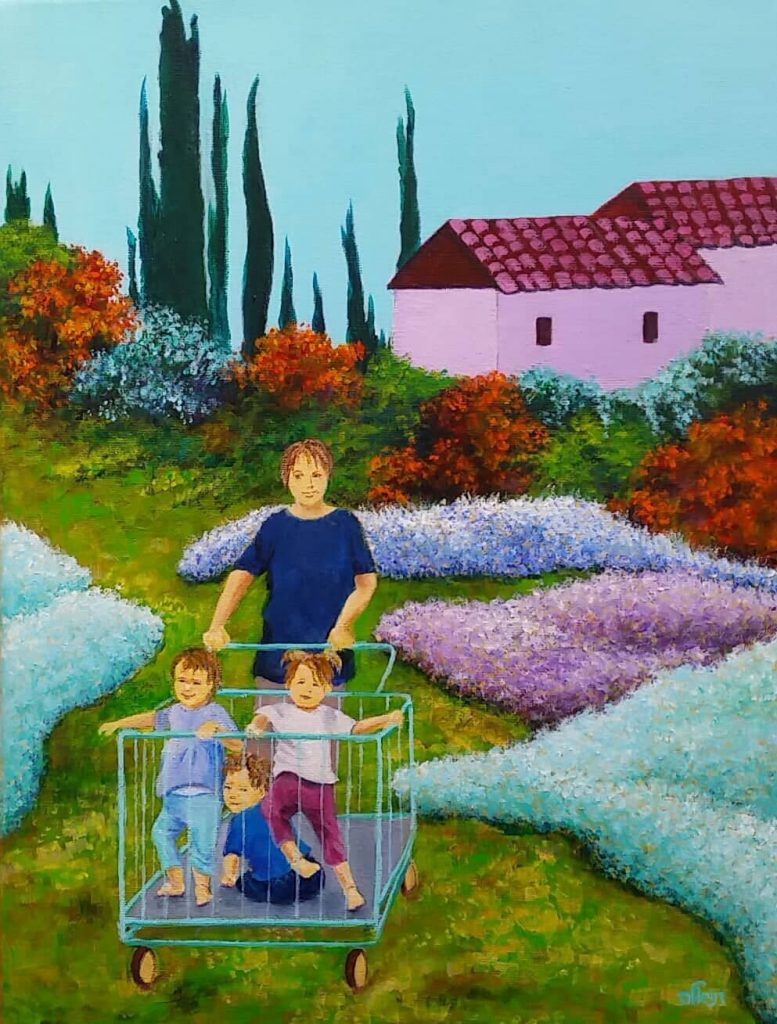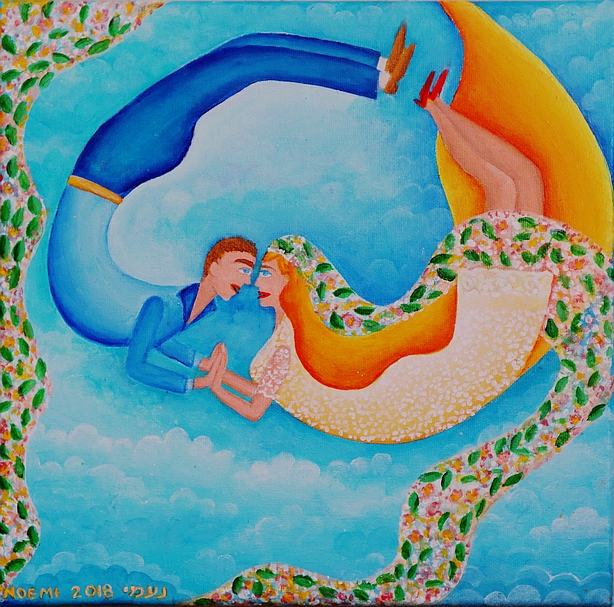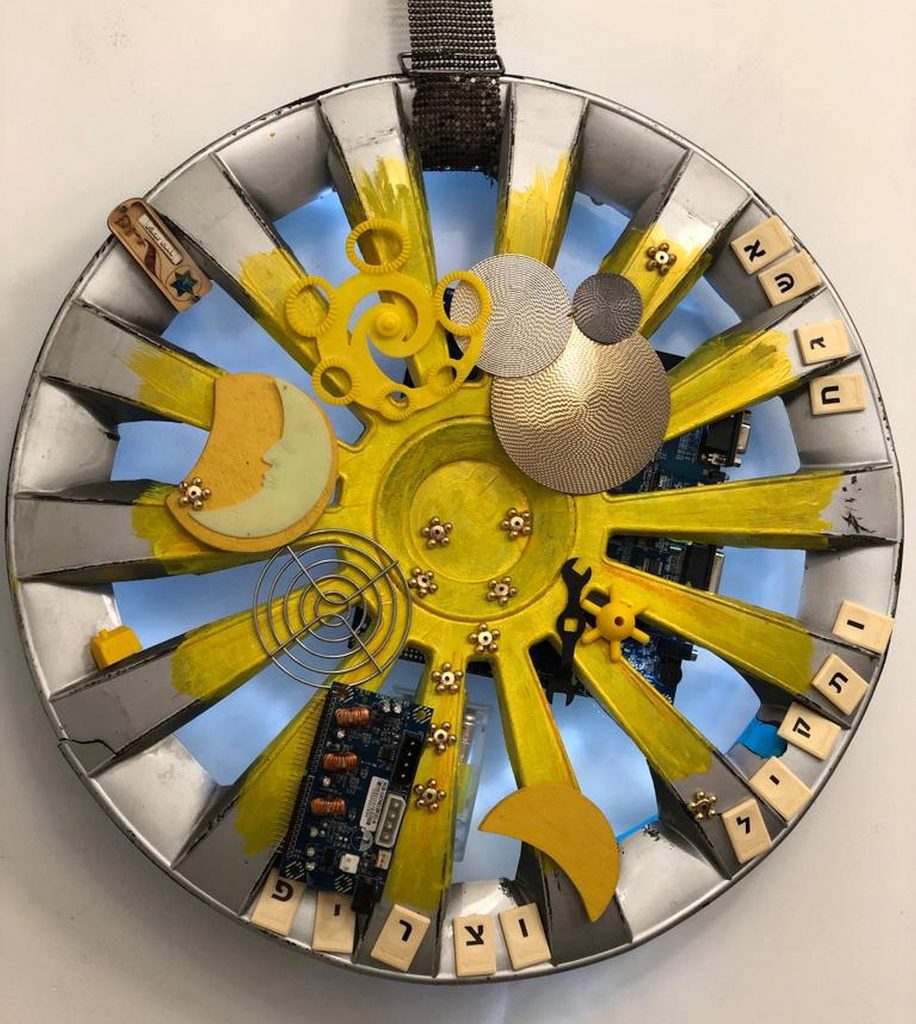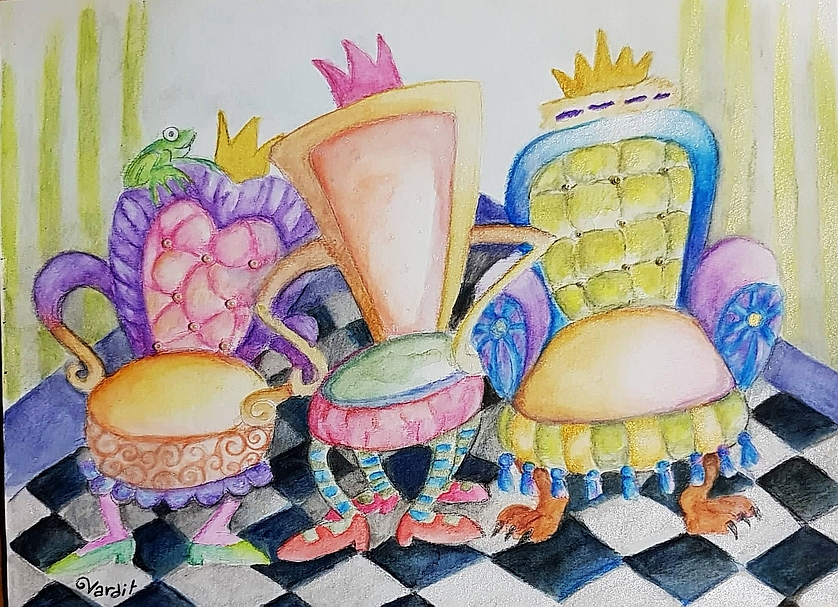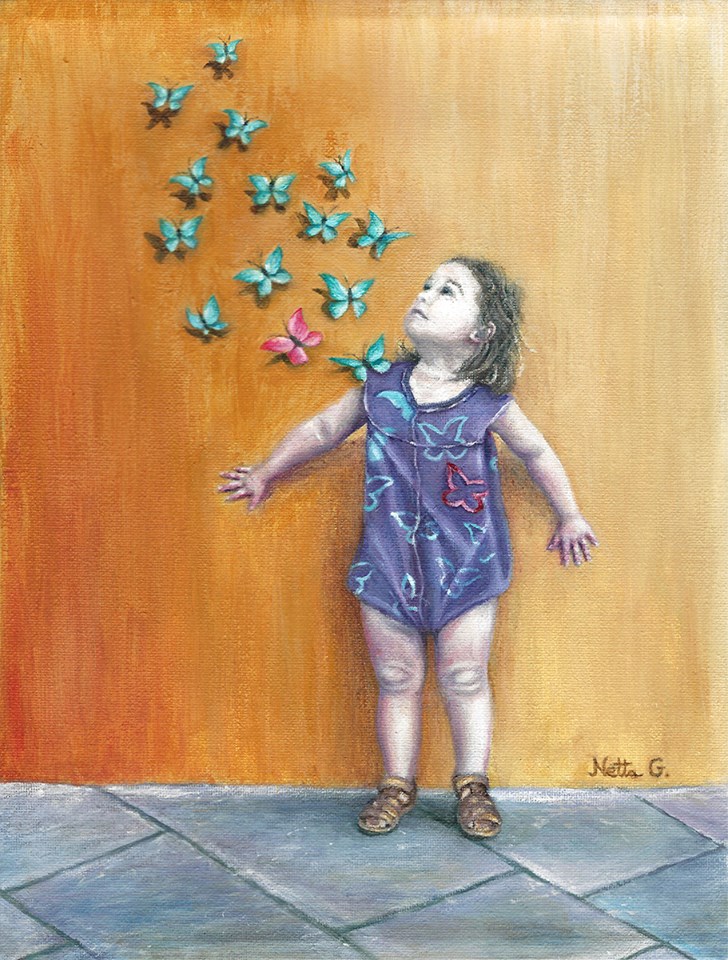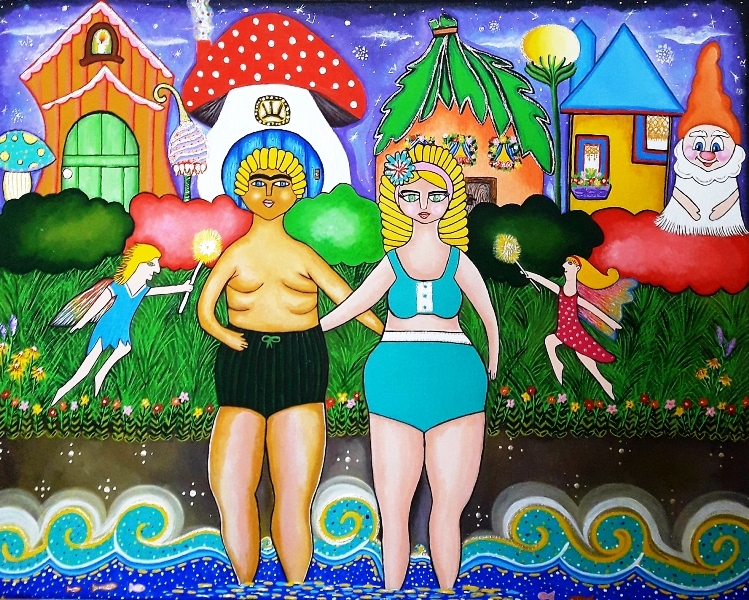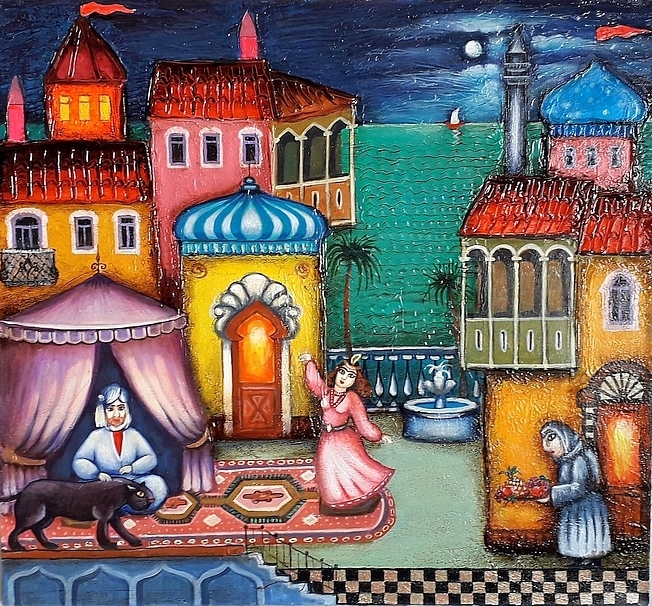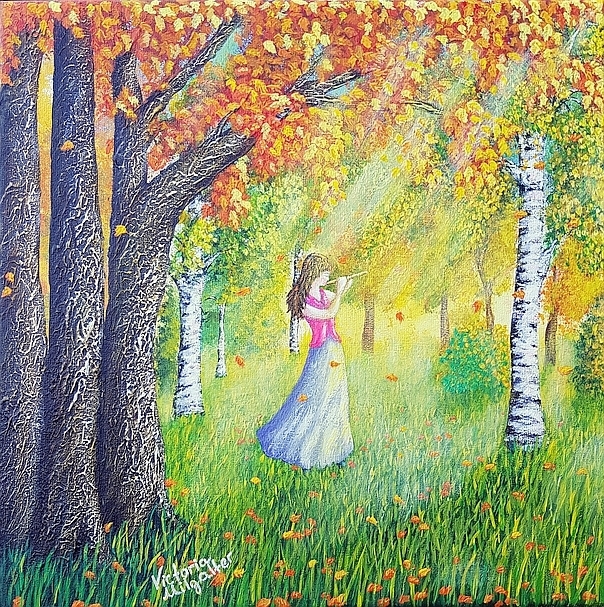
Faerie tales and legends together with the representational arts of painting and sculpting are no doubt the oldest forms of human artistic expression. Through their media we can see into our collective subconscious mind, we can see and hear our dreams while we are wide awake. Faerie tale is a curious term in its own right and not one that directly translates into other languages, though the concept of faerie tales undoubtedly exists in every human society. The name suggests that faerie tales are stories that are told to humans by non-humans; they are told rather by fanciful creatures of our imaginations, faeries.This is important because it creates a distance, it endows the teller of the story with a certain freedom to speak the unspeakable, to mention the unmentionable. After all, he is only repeating something that he heard form his parents and they heard it from theirs, but the origin of the story is outside of the human realm.
This distance makes it possible to speak, though obliquely, of sexual misconduct and cruelty, but also of love and beauty. This freedom has made faerie tales into essential educational tools that allowed the passing from one generation to the next of certain warnings, of rules of good behavior and the dangers of straying from the path of righteousness. Faerie tales establish an allegorical language that we can safely use to talk about our world and the dangers that lurk therein. Even if the wolf is human rather than lupine and the forest is in the middle of a big city, little Red Riding Hoods may do well to think twice of venturing out alone at night.
Looking at the earliest forms of representational art such as the paintings in the Lascaux caves in southern France, we cannot fail to get the feeling that these scenes of wildlife and the humans who were interacting with it must have served as backdrops to story telling, to faerie tales told by the old to the young by the light of a fire. This combination of the word and the image must be as old as our species and perhaps even older, which is precisely what makes it so interesting to explore how modern artists interact with the faerie tales of their own cultures.
This exploration is the subject of an ongoing exhibition in the Sherover Culture Center – Yes Planet Gallery, 4 Naomi Street, Jerusalem. The exhibition is curated by Architect Noemi Eshet-Rosentzweig and it showcases art from 25 different artists from several countries. It is open every day from 10 AM to 11 PM with free admission. The exhibition will be running through May 12th.
